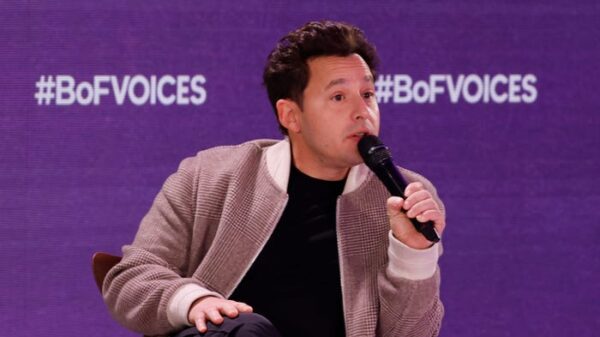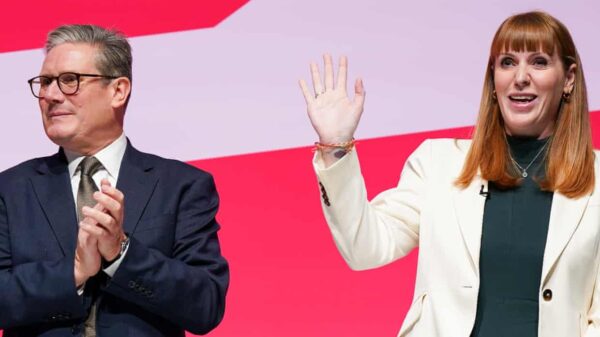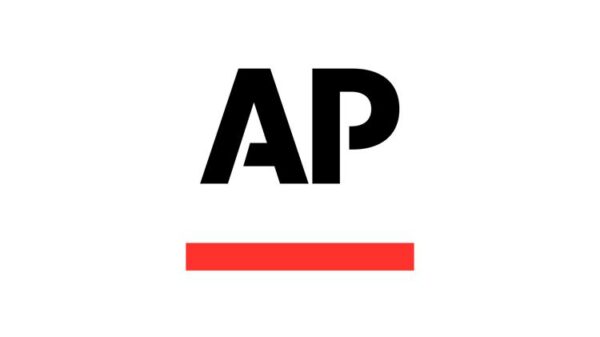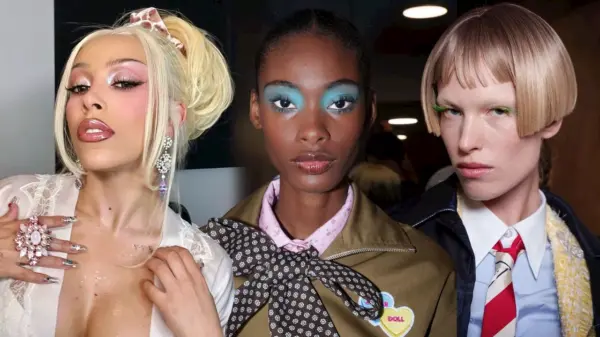UPDATE: Microsoft has just announced that its AI products will not engage in explicit conversations, marking a clear stance against “simulated erotica.” This declaration from Mustafa Suleyman, Microsoft’s AI chief, comes as a stark contrast to partner OpenAI, which is set to relax restrictions on adult content in its AI chatbot, ChatGPT, by December.
During the Paley International Council Summit held in Menlo Park, CA, Suleyman stated, “That’s just not a service we’re going to provide.” This decision underscores Microsoft’s commitment to maintaining ethical boundaries in AI development, even as OpenAI plans to allow adult users to engage in explicit conversations, a move that has sparked significant debate.
The growing divide between Microsoft and OpenAI reflects a larger philosophical split in the tech industry regarding the ethical implications of AI. Suleyman, who co-founded Google DeepMind, has voiced concerns over AI systems simulating intimacy or consciousness, warning that they could lead to societal divisions. “You can already see it with some of these avatars leaning into the kind of sexbot erotica direction,” he remarked, calling it “very dangerous.”
In sharp contrast, OpenAI’s CEO Sam Altman recently announced an initiative to “safely relax the restrictions” on sexual content, stating that engineers have developed new safety measures. This shift, however, follows a period of intense scrutiny after the tragic suicide of a teenager who allegedly received harmful guidance from ChatGPT. OpenAI has expressed condolences and is actively working to enhance its safety protocols.
The implications of these diverging paths are significant. Microsoft, which has invested heavily in OpenAI and relies on its technology for its Azure cloud services, has consistently prohibited adult-themed content across its platforms. Industry analysts suggest that this policy is unlikely to change, especially as Microsoft aims to ensure the responsible use of AI.
As the landscape of AI continues to evolve, both companies are also navigating a competitive environment, with each introducing rival products. OpenAI’s forthcoming adult content feature represents a notable departure from its previous stance against such developments. While Altman had previously resisted adding a “sex bot” avatar to ChatGPT, he now asserts that improved safety systems enable the company to cater to adult users more effectively.
This ongoing controversy highlights the challenges tech companies face in balancing innovation with ethical responsibility. As AI technologies become increasingly integrated into everyday life, the decisions made by Microsoft and OpenAI will undoubtedly shape the future of artificial intelligence and its role in society.
Looking ahead, industry watchers will be keen to see how both companies address these ethical dilemmas and the potential repercussions of their contrasting approaches. With regulatory bodies closely monitoring AI interactions, the stakes are high for both firms as they navigate user engagement and safety concerns.
In conclusion, as Microsoft firmly stands against AI erotica, the tech world is watching how OpenAI’s new policies will unfold and the broader implications for AI development and user safety.








































































